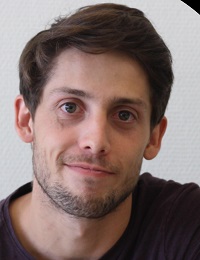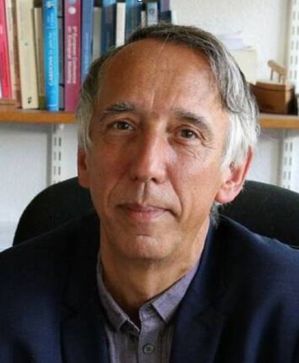OceanICU
 |
|
The European Ocean-ICU project (https://cordis.europa.eu/project/id/101083922/gb) addresses the crucial role the ocean carbon (C) cycle plays in regulating global climate, taking up approximately 25% of the CO2 emitted to the atmosphere and storing massive quantities of carbon in the interior, much of it via a series of processes known as the Biological Carbon Pump (BCP). The future trajectory of this sink will affect the timing and intensity of the modifications to human processes that we need to undertake in order to stabilize atmospheric CO2 at 450ppm.
Our ability to measure and model this sink is limited (evidenced by significant discrepancies between measured and modelled C uptake) with the current frontier area of research being a suite of biological processes related to higher trophic level behavior within the so-called biological C pump. This involvement of higher organisms suggests that human activities (fishing, energy and mineral extraction) has the capacity to affect the ocean C sink, however we lack the ability to quantitatively link direct human pressures and ocean C storage. Ocean ICU will measure these key processes and evaluate their overall significance, transferring those that are important into models that inform the IPCC process and, in this way, contribute to resolving the observed model data mismatch of Ocean C sink estimates.
Work-package 5 of the project, where the postdoctoral work will take place, focuses on the impact on carbon transport of human extraction activities, principally fishing and seabed mining/dredging. Using a variety of MEMs (EwE, EcoTroph, Feisty, StraithE2E, Seapodym), the main objective will be to identify the scale and importance of these activities in modifying carbon sequestration, either positively or negatively. In particular, task 3 aims to determine the scale and impacts of on-shelf fishery removals directly on carbon sequestration, and indirectly via food web changes, and including relevant impacts on the seabed and its role in the carbon cycle.
People involved
 |
COSME Maximilien, Scientist Phone : +33 2 23 48 55 35 Email : maximilien.cosme@institut-agro.fr |
 |
GASCUEL Didier, Scientist Phone : +33 2 23 48 55 34 Email : didier.gascuel@institut-agro.fr |
Funding and Support
European project H2020
